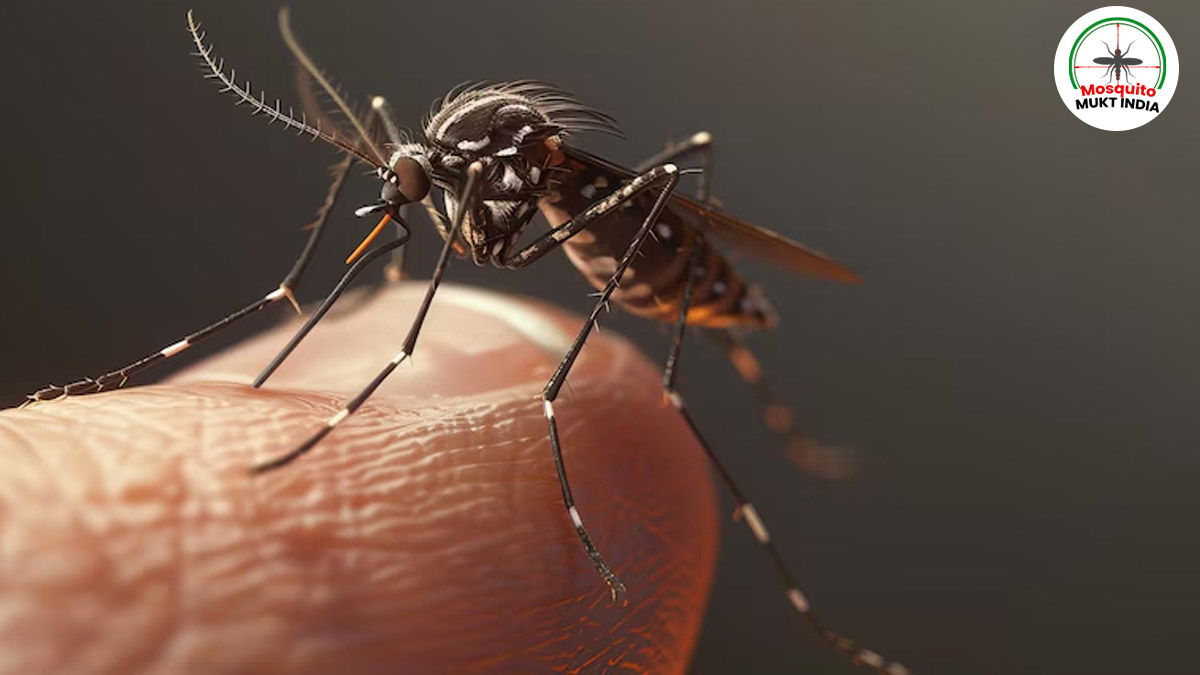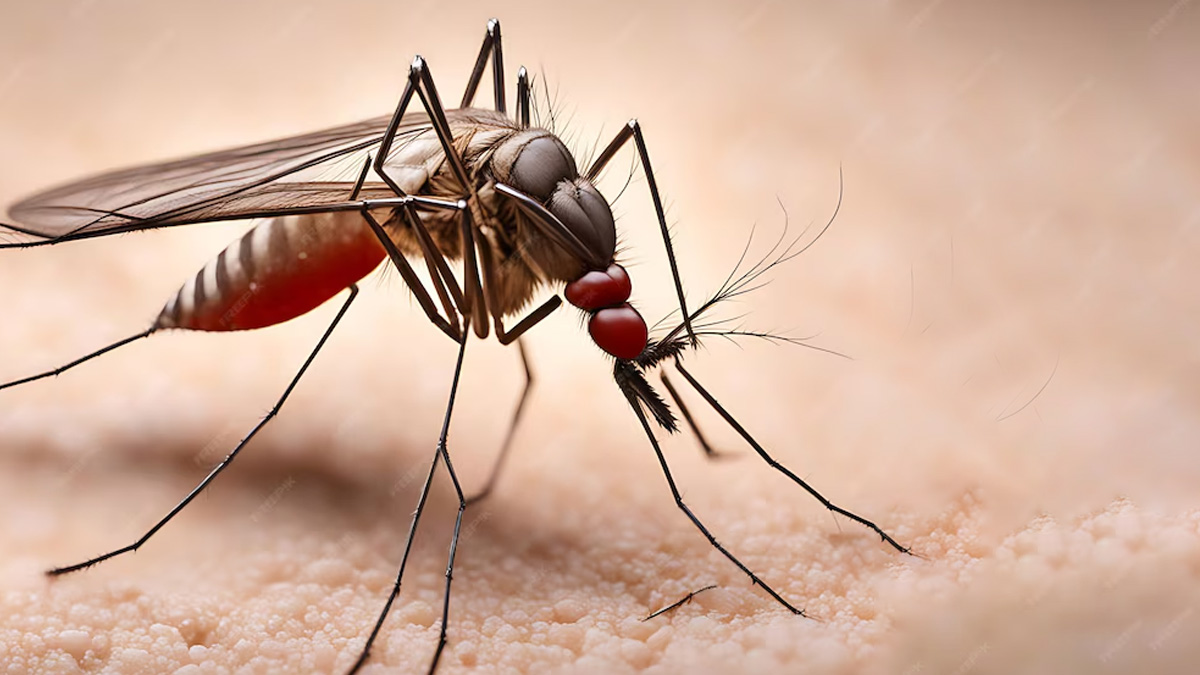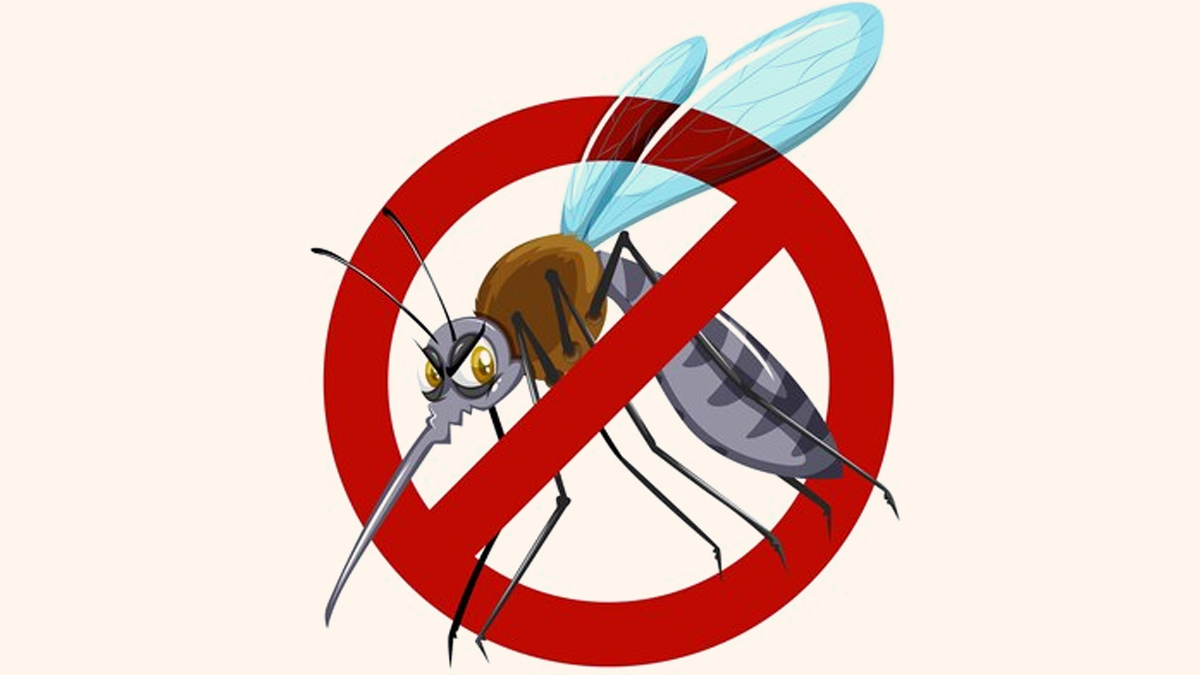
When we think of the deadliest animals on Earth, images of fearsome predators like lions, sharks, or venomous snakes often come to mind. However, the true king of deadly creatures is much smaller and less intimidating in appearance. According to a list compiled by the BBC, mosquitoes are the deadliest animals on the planet when it comes to human fatalities. This might seem surprising at first, but when you delve into the reasons behind this ranking, the truth becomes terrifyingly clear.
Table of Content:-
Why Are Mosquitoes So Deadly?
The humble mosquito, a tiny insect weighing just 2.5 milligrams, is responsible for more human deaths each year than any other animal. According to the World Health Organization (WHO), mosquitoes cause the deaths of more than 700,000 people annually. How can such a small creature be responsible for such a staggering number of fatalities? The answer lies in the diseases they carry and transmit.
In this context, OnlyMyHealth interacted with Dr Roohi Pirzada, MBBS, Consultant Physician, Mumbai.
Dr Pirzada said, “Mosquitoes are the most dangerous creatures on Earth, not because of their size, but because of their unparalleled ability to spread deadly diseases. Their bites transmit viruses and parasites that cause life-threatening illnesses like malaria, dengue, and Zika, responsible for nearly a million human deaths annually. Their adaptability, including resistance to insecticides and changing feeding habits, makes them even more formidable, solidifying their place at the top of the BBC's list of deadliest animals."
Adding further, she said, “Mosquitoes are responsible for up to 1 million deaths per year in humans whereas snakes kill 1 lakh and sharks kill a mere 10.”
Disease Transmission

Mosquitoes are vectors for a variety of deadly diseases, the most infamous being malaria. Malaria alone accounts for over 400,000 deaths annually, primarily in sub-Saharan Africa. The disease is caused by the Plasmodium parasite, which mosquitoes transmit when they bite humans. Despite significant global efforts to combat malaria through insecticide-treated bed nets, antimalarial drugs, and vaccines, it remains a major health challenge, particularly in developing countries.
But malaria isn’t the only deadly disease mosquitoes spread. These tiny insects are also responsible for the transmission of dengue fever, Zika virus, chikungunya, yellow fever, and West Nile virus, among others. Dengue fever, for instance, causes around 20,000 deaths annually, with severe outbreaks occurring in tropical and subtropical regions.
Global Reach
One of the reasons mosquitoes are so deadly is their widespread presence. There are over 3,500 species of mosquitoes found in virtually every part of the world, except Antarctica. This global reach means that millions of people are at risk of mosquito-borne diseases, particularly in regions with warm and humid climates where mosquitoes thrive.
In recent years, climate change has also contributed to the spread of mosquitoes into new areas. As temperatures rise and weather patterns change, mosquitoes are expanding their range, bringing the diseases they carry into previously unaffected regions. This has led to an increase in cases of diseases like dengue and West Nile virus in parts of Europe and North America.
Challenges in Mosquito Control

Efforts to control mosquito populations and prevent the spread of diseases have been ongoing for decades. However, several challenges make this a difficult task. Mosquitoes have a short breeding cycle and can quickly develop resistance to insecticides, making it hard to eradicate them completely.
Additionally, many mosquito-borne diseases have complex life cycles that are difficult to interrupt. For example, malaria parasites must undergo several stages of development inside both mosquitoes and humans, which complicates efforts to control the disease.
Moreover, the development of vaccines for mosquito-borne diseases is challenging. While there has been progress in creating vaccines for diseases like malaria and dengue, these vaccines are not yet widely available or 100% effective.
The Importance of Prevention
Given the challenges in controlling mosquito populations, prevention becomes crucial. This includes using insecticide-treated bed nets, eliminating standing water where mosquitoes breed, and using repellents. Public health campaigns play a vital role in educating people about the risks of mosquito-borne diseases and how to protect themselves.
Conclusion
Mosquitoes may seem insignificant compared to larger, more fearsome animals, but their impact on human health is immense. By transmitting deadly diseases, they earn their place at the top of the list of the world’s deadliest animals. The fight against mosquito-borne diseases continues, and with ongoing efforts in research, public health initiatives, and global cooperation, there is hope for reducing the deadly toll these tiny insects take each year.
Also watch this video
How we keep this article up to date:
We work with experts and keep a close eye on the latest in health and wellness. Whenever there is a new research or helpful information, we update our articles with accurate and useful advice.
Current Version
